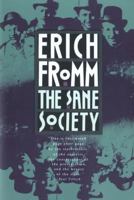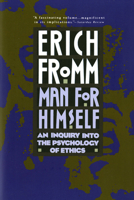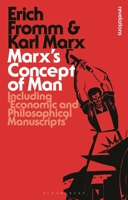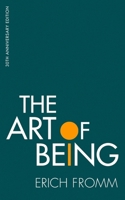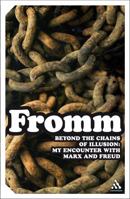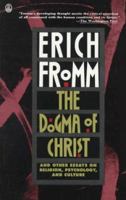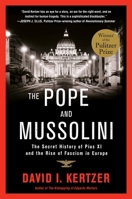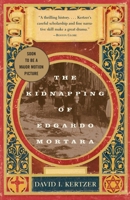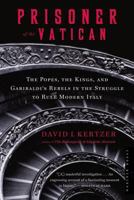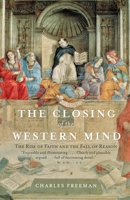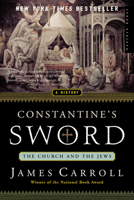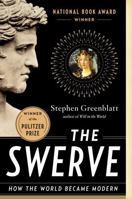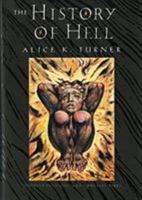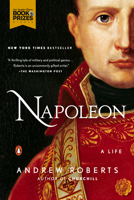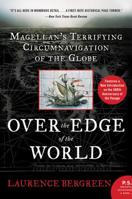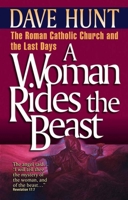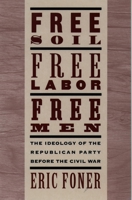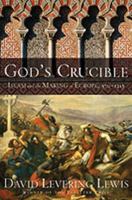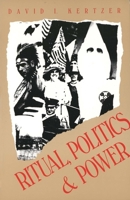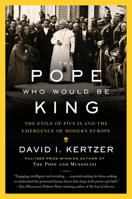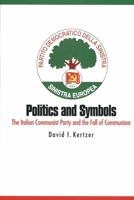The Art of Loving
Select Format
Select Condition 
Book Overview
You Might Also Enjoy
Customer Reviews
Rated 1 starsWaste of time
No real advice. I would not read this book again. It was a waste of my time.
3Report
Rated 5 starsRead it, then give a copy to the people you care about
I have reread this book more than any other that I own, partly because it's short, but mostly because Fromm is such a lucid and perceptive writer. I simply cannot recommend this book highly enough. I don't agree with all of it -- his take on homosexuality, for instance, which may or may not be attributable to the day in which it was written -- and many readers may not care for the way he frames behavioral patterns in psychoanalytic...
5Report
Rated 5 starsThe art of real love.
This book belongs on the life changers shelf in the bookstore. Because modern man is alienated from himself, from his fellow men, and from nature, we seek refuge from our aloneness in the concepts of love and marriage (pp. 79-81). However, psychologist and social philosopher, Erich Fromm (1900-1980), observes that real love "is not a sentiment which can be easily indulged in by anyone." It is only through developing one's...
3Report

















